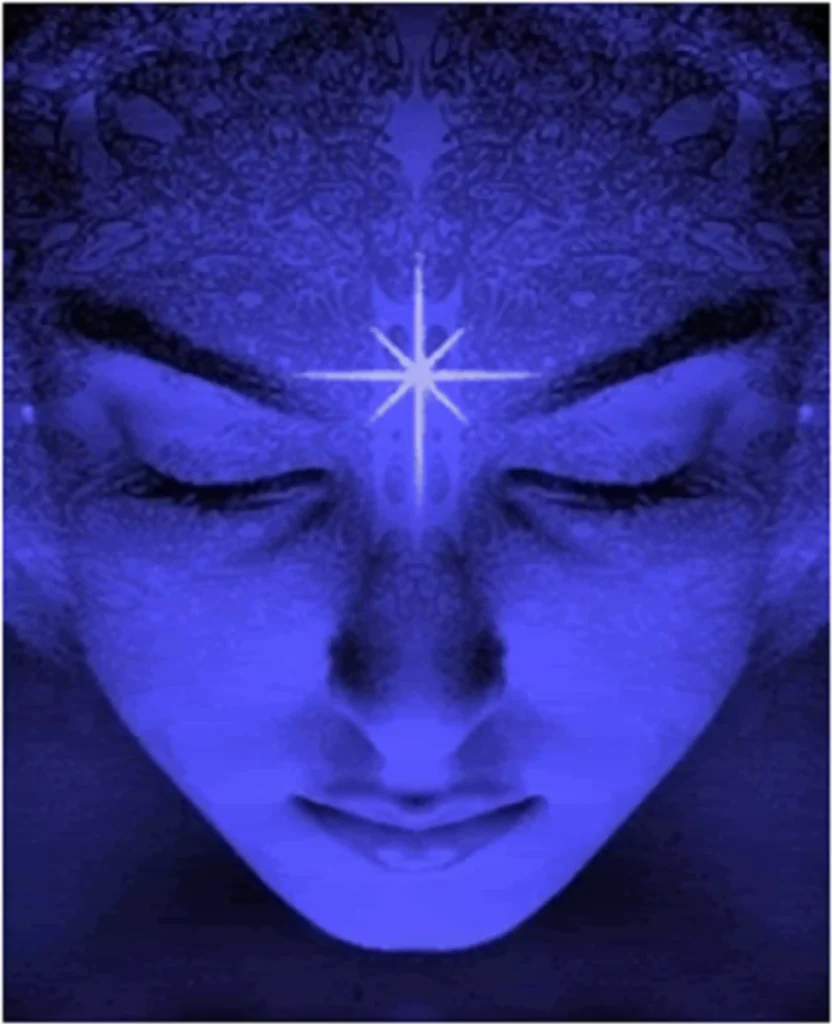
What is intuition ? For as long as I can remember, I’ve known things. Small, irreverent things like what song would play next on the radio or if my friend was wearing red shoes on our playdate – when I was little, we were in the pre cellphone and social media era, and the term ‘playdate’ hadn’t even been coined!
As a child you think nothing odd of innate knowledge. The ‘how’ doesn’t really enter your sphere of consciousness. Knowing is as natural as the colour of your eyes or the way you walk – a seamless, unquestioned utopia of mind, body and spirit in perfect synchronicity.
Then you start to grow up, and in your already tumultuous teenage years, it becomes increasingly difficult to explain how you know that the nerdy physics whiz has feelings for class ‘Queen Bee’ and she also has a secret crush on him. It gets harder to ignore the whispers and side eyes. You try to clamp down on your intuition, rejecting the gift in a desperate bid to fit in, only to have it return later in adulthood – passively at first, then progressively upping its intensity.
What is intuition – a gift or a curse? How can we learn to integrate it?
The Gift
The meaning of intuition – ‘inner’ voice, soul calling, gut instinct, feeling from within, second nature, vibes – and is something we are all born with. As infants, we react intuitively to our surroundings. Not wanting to enter certain spaces, actively seeking out strangers or avoiding certain adults, are things we do without a qualm. There is an innate sense of knowing that we apply, without questioning its reason or disbelieving its authenticity. We operate solely on trust and pepper it with learnings from fledgling experiences.
As our world expands into adulthood, we lose touch with our intuition but always find ways to reconnect to it, often bypassing the conscious mind, receiving flashes of inspiration or ‘aha’ moments when we’re relaxed and at peace. As adults here are a few things we can relearn to reconnect to and reignite our intuitive abilities and understand better the meaning of intuition.
- Trust: The tenet of self-reliance and self– belief and a building block of confidence, we often place our trust in external narratives – media, other’s opinions, loved one’s expectations – leading to a marked decline in our ability to trust our own intuition. Regaining self-trust can be arduous especially if what we know goes against the grain and will single us out to be ‘different,’ but the more we begin to trust our inner voice, the stronger it becomes, allowing us to say “No” to triggers.
- Surrender: Surrender is often misconstrued with giving up and failure. But surrendering to a situation allows us to stop ‘fighting’ and take a step back. Being responsive instead of reactive gives us time and space to allow our intuition to guide us to a solution. After all, what is intuition, nothing but a complete surrender to your inner voice.
- Solitude: Spending time alone is essential to be able to hear the quiet voice of our conscience. Setting boundaries with people, stepping away from social media or physically taking a hiatus and changing our environment are great ways to clear the chatter in our minds so we can focus on what our intuition is trying to tell us.
The Curse
As we age, our internal world is infringed upon by external narratives. And as with all things ephemeral, we add a ‘healthy’ dose of skepticism to anything that can’t be explained or verified by set parameters of empirical evidence or logic and reason. We are blinkered to think only in hows and whys at school, obedience is paramount at home and results-based focus is lauded at work.
While essential to help us navigate the human experience called life, all these narratives slowly but surely decrease and ultimately replace our reliance on the meaning of intuition. Add to that, inhibiting factors we assimilate that block our intuitive abilities. It blurs the mirror of our soul that reflects the true meaning of intuition.
- Fear: Fear is an acronym for False Evidence Appearing Real and is a powerful actor masquerading as truth. But fear is a learned behaviour and is only as strong as we make it. In relearning to differentiate between our fear-based external narratives and intuitive thoughts, we can face our fears and triumph over them.
- Stress: The rigors of daily life need us to fire on many different fronts at the same time. We take on multiple duties and often create ideal outcomes in our minds that are sometimes unrealistic and can’t be achieved. Our perceived sense of ‘failure’ at the non-perfect outcome leads to stress, making us rely heavily on the tangible rather than the intuitive. Over reliance on the conscious mind blocks out our intuitive solutions and the power to understand the real meaning of intuition.

What is Intuitive power ?
The Calling
As with most things complex and intangible, we need channels to be able to separate false narratives from intuitive thoughts. Here are a few you could try.
Meditation: It’s not easy to calm the monkey mind. If sitting in stillness is not for you, try a repetitive activity like running, walking or even a high impact sport like kickboxing. Bringing your body and mind into harmony allows you to bypass intrusive thoughts and reach a state of acceptance and peace, opening the doors to intuitive thoughts. Meditation takes you a step closer to fathom the intricacies and the hidden meaning of intuition.
Aligning biorhythms: Bringing your mind, body and spirit into alignment is essential to be able to trust your intuition. Yoga, Tai-chi, dance or any other form of activity that allows you to find calm and stillness helps channel your intuition. Listening to Solfeggio frequencies and binaural beats is also a good way to practice this.
Divination: If you are so inclined (not everyone is) a calling to practice divination techniques like Angel card and Tarot reading, opening Akashic Records, Runes, Reiki and crystals help hone and sharpen intuition.
Remember, honing your intuition takes time, repetition and patience. The more willing you are to open yourself up to your own guidance, the easier and more organic it becomes to align with your soul’s voice. The true meaning of intuition requires openness to understanding hidden voices in order to navigate through chaotic noises.






